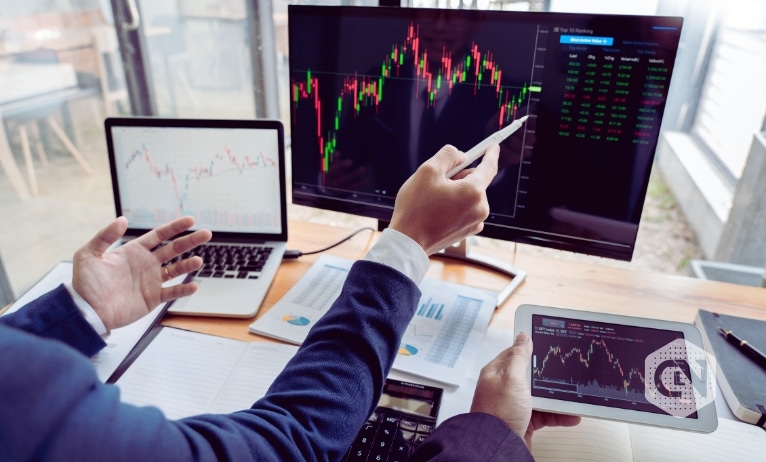Futures Trading: Exploring Commodities and Contracts

Futures trading in stock trading is a type of derivative contract in which two parties agree to buy or sell an asset at a predetermined price on a future date. The asset that is being traded is called the underlying asset. Futures contracts in stock trading are traded on exchanges, and the prices are determined by supply and demand.
Here are some of the most common trade commodities that are traded in futures contracts:
Oil futures contract
Oil: Oil is one of the most popular trade commodities traded in futures contracts. The price of oil is affected by a number of factors, including supply and demand, economic growth, and political events.
Gold futures contract
Gold: Gold is another popular commodity traded in futures contracts. Gold is seen as a safe haven asset, and its price can be affected by inflation, interest rates, and geopolitical events.
Silver futures contract
Silver: Silver is a less popular commodity than oil or gold, but it is still traded in futures contracts. Silver is used in a variety of industrial applications, and its price can be affected by the demand for these applications.
Natural gas: Natural gas is a fossil fuel that is used for heating and electricity generation. The price of natural gas is affected by supply and demand, as well as the weather.
Natural gas futures contractOpens in a new window
www.cmegroup.com
Natural gas futures contract
Corn: Corn is a grain that is used for food and animal feed. The price of corn is affected by supply and demand, as well as the weather and agricultural policies.
Corn futures contract
Here are some of the key features of futures contracts:
Standardized contracts: Futures contracts are standardized contracts, which means that they have a set size, delivery date, and price. This makes it easier to trade futures contracts and to compare prices across different exchanges.
Margin trading: Futures contracts are traded on margin, which means that traders only need to put up a small amount of money to control a larger position. This makes it possible for traders to trade with less capital, but it also increases the risk of losses.
Hedging: Futures contracts can be used to hedge against risk. For example, a farmer might buy corn futures contracts to protect themselves against a decline in the price of corn.
Speculation: Futures contracts can also be used for speculation. Speculator traders try to profit from changes in the trade price of the underlying asset.
Futures trading in stock trading can be a profitable investment strategy, but it is also a risky one. Traders should carefully consider their risk tolerance and investment goals before entering into a futures trade contract.
Before you trade futures, it’s important to do your research and understand the trade risks involved. This includes understanding the underlying asset, the futures contract, and the trading platform.
Start small: If you’re new to futures or stock trading, it’s a good idea to start small and gradually increase your risk as you gain more experience. So, all the best for your future stock trading venture!



